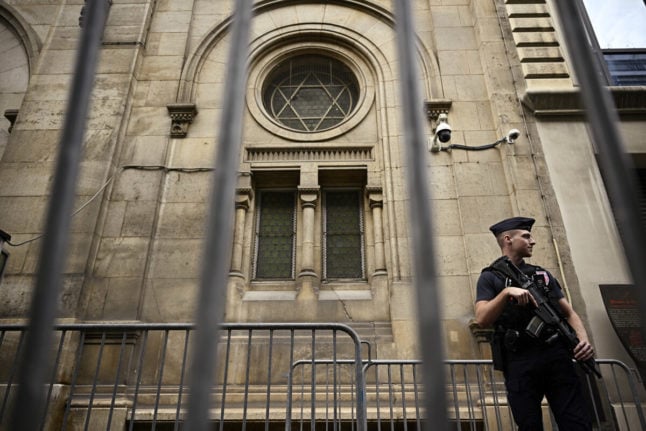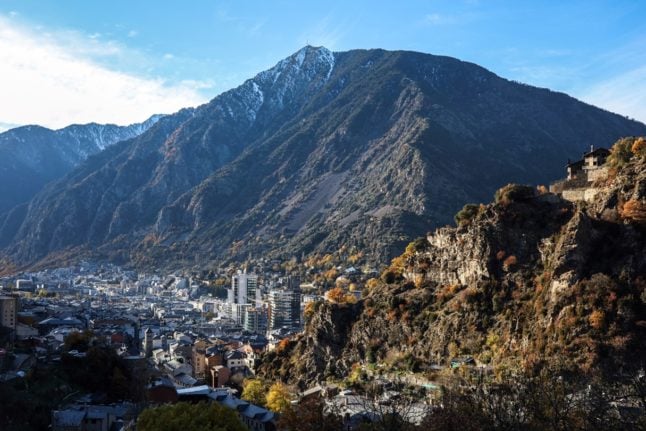Thousands of people are expected in the capital for the march, called by Senate president Gérard Larcher and Yaël Braun-Pivet, head of France’s National Assembly, following the rise in anti-Semitic incidents in France in the days and weeks after the start of the war between Israel and Hamas.
They called for a, “general mobilisation” against the, “banalisation of hate” to declare, “before the world that the French Republic will never allow ignominy to prosper”.
The Association des maires de France has also called for rallies in front of préfectures across France at 3pm on Sunday to coincide with the start of the march in Paris.
There have been 1,000 anti-Semitic acts in France since the slaughter by Hamas of 1,400 Israeli civilians on October 7th and Israel’s bombardment of Gaza, twice as many as in the whole of last year.
Several dozen police units will be mobilised to protect marchers and maintain order, with officials concerned about a ‘lone wolf’ attack from someone who has so far avoided the attention of police or security officials.
READ ALSO OPINION: A march against anti-Semitism is vital for France, but will also reveal hypocrisy
More than 20 government ministers have said they will take part in the march, as will former heads of state François Hollande and Nicolas Sarkozy. It is, however, not yet known whether President Emmanuel Macron will join the parade.
“It’s obviously going to be a massive operation,” a police union official told BFM TV.
Security “bubbles” will be set up in areas where politicians will circulate, while the march and the route will be monitored closely, with police and security forces in attendance.
The march is due to get under way at 3pm on Sunday, at the Esplanade des Invalides, taking a route leading to the National Assembly and the Senate.
The march has sparked a bitter political divide after Marine Le Pen’s far-right Rassemblement National announced that it would take part, leading to the far-left La France Insoumise withdrawing.
Yonathan Arfi, president of the national council of Jewish groups in France, accused Le Pen and her party of exploiting the event, saying: “We do not want people who are heirs to a party founded by former collaborators to be present
“By announcing that it would participate in this demonstration, RN knew that it would create controversy, that it would divert the demonstration from its main object which is the fight against anti-Semitism.”



 Please whitelist us to continue reading.
Please whitelist us to continue reading.
Member comments